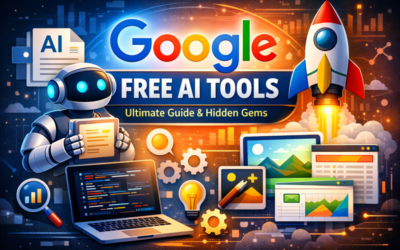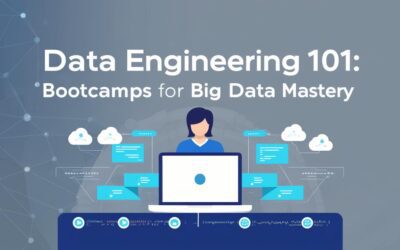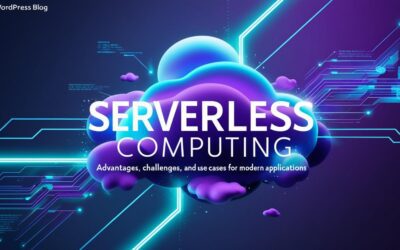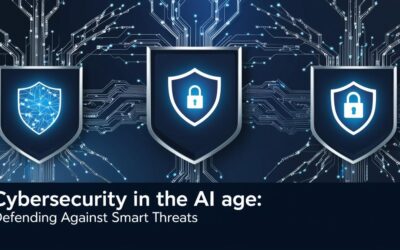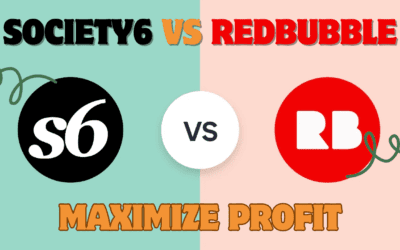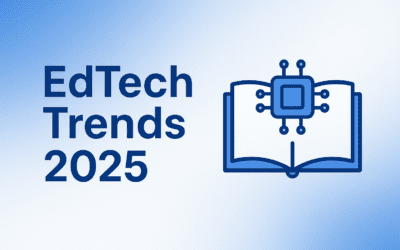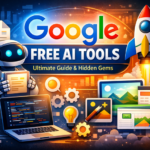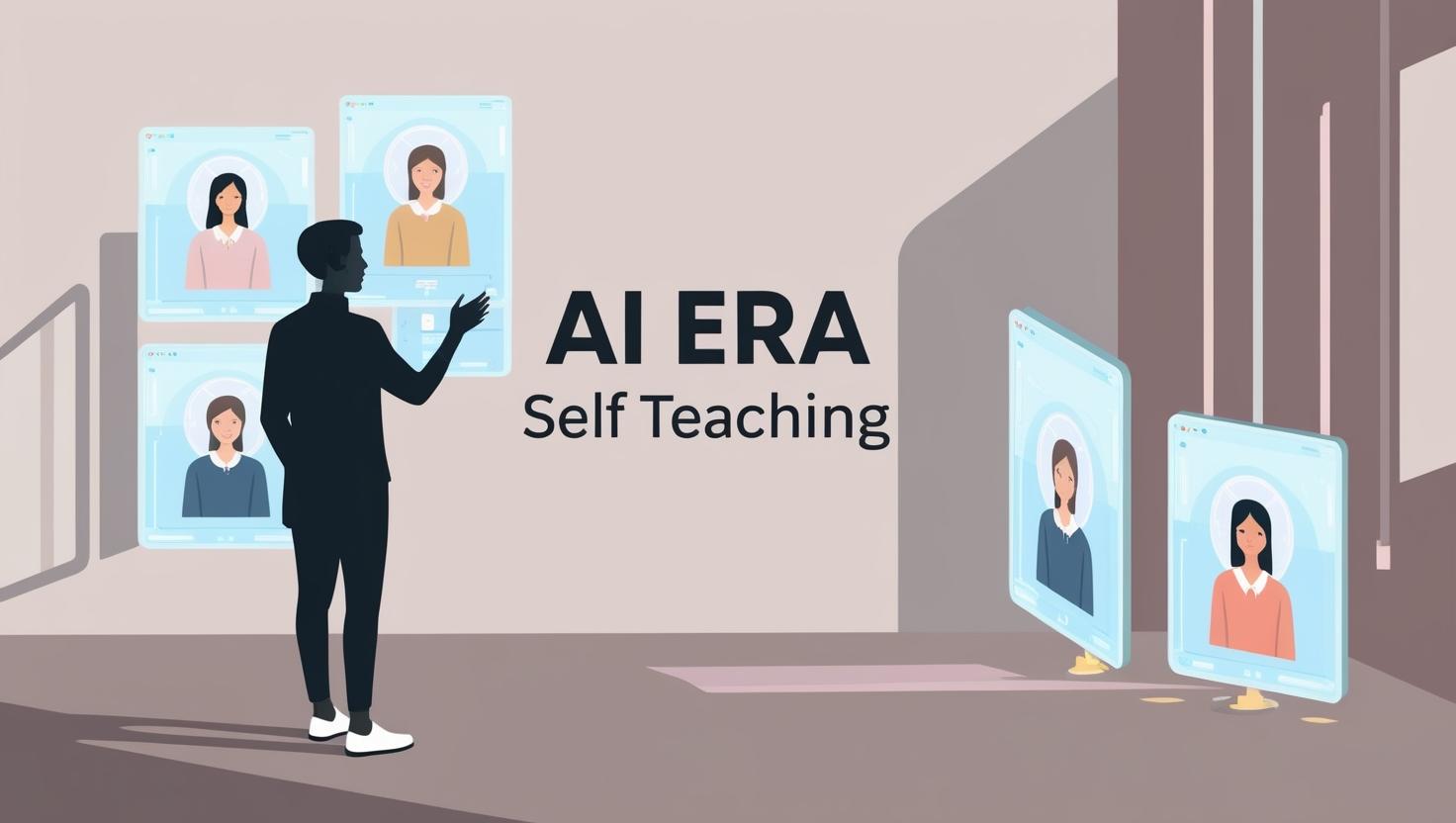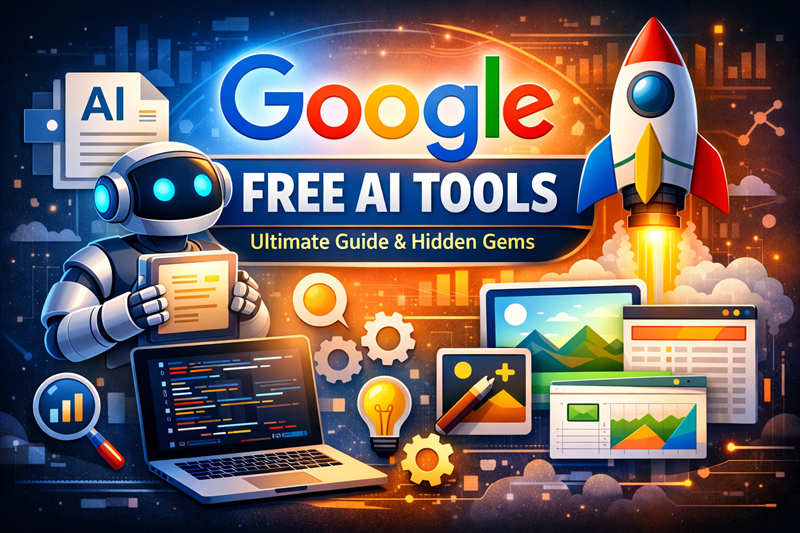Introduction
The AI era self teaching revolution is here—transforming how we learn, grow, and adapt without relying on traditional classrooms. From coding to creative writing, AI-driven platforms now offer personalized, on-demand education, enabling learners to bypass physical teachers entirely. But how effective is autonomous learning, and what does it mean for the future of education? In this guide, we’ll explore the technologies reshaping self-teaching, weigh its benefits against its challenges, and provide actionable steps to thrive in this new educational landscape.
How AI Era Self Teaching Is Redefining Education
Benefits of AI-Driven Solo Learning
AI-powered tools are democratizing education by offering:
- Hyper-Personalization: Algorithms tailor content to your pace, strengths, and gaps.
Example: Khan Academy’s AI tutor [1] adjusts math problems based on student performance. - 24/7 Accessibility: Learn anytime, anywhere—no schedules required.
- Cost Efficiency: Many platforms (e.g., Coursera, Udemy) offer free or low-cost courses.
- Instant Feedback: Tools like Grammarly or LeetCode provide real-time corrections.
Key Technologies Powering AI Era Self Teaching
- Adaptive Learning Systems: Platforms like Duolingo use AI to modify lesson difficulty dynamically [2].
- Natural Language Processing (NLP): ChatGPT tutors users in subjects from philosophy to Python.
- Machine Learning Analytics: Tools like Scribe track progress and predict areas needing focus.
Advantages & Challenges of Autonomous Learning
Pros
✅ Flexibility: Balance learning with work or family commitments.
✅ Scalability: Reach global audiences, breaking geographical barriers.
✅ Data-Driven Insights: AI identifies patterns (e.g., optimal study times) to boost efficiency.
Cons
❌ Motivation Gaps: Without human accountability, 60% of learners abandon courses mid-way [3].
❌ Limited Social Interaction: No peer collaboration or mentorship.
❌ Tech Dependency: Requires reliable internet and digital literacy.
Real-World Examples & Data
- Duolingo’s Success Story: 74% of users improved language skills to conversational fluency using AI-powered lessons [4].
- Codecademy’s Career Outcomes: 45% of learners secured tech jobs after completing AI-guided coding tracks [5].
- Global Adoption: The self-paced e-learning market will hit $325 billion by 2025, driven by AI tools [6].
Step-by-Step Guide to Starting Your AI Self-Teaching Journey
- Choose Your Tools
- For Coding: FreeCodeCamp, GitHub Copilot.
- For Languages: Memrise, Rosetta Stone.
- For Creativity: MidJourney (art), Amper Music (composition).
- Build a Study Routine
- Time-Blocking: Dedicate 25-minute focused sessions (Pomodoro Technique).
- Goal Setting: Use SMART goals (Specific, Measurable, Achievable, Relevant, Time-bound).
- Join Communities
- Reddit’s r/learnprogramming or Discord study groups for accountability.
- Leverage AI Tutors
- ChatGPT for Q&A, QuizGecko for practice tests.
Ethical & Future Perspectives
Impact on Educators
- Upskilling Teachers: Educators are transitioning to “AI facilitators” who curate resources rather than lecture.
- Job Market Shifts: UNESCO predicts 12% of traditional teaching roles will evolve into tech-support positions by 2030 [7].
Emerging Trends
- AI + AR/VR: Immersive simulations for hands-on training (e.g., medical procedures).
- Decentralized Learning: Blockchain-powered credentialing to validate self-taught skills.
Ethical Considerations
- Bias in AI: Ensure tools use diverse datasets to avoid skewed content.
- Data Privacy: Opt for platforms with GDPR/CCPA compliance.
Conclusion
The AI era self teaching movement isn’t about replacing teachers—it’s about expanding access to knowledge and empowering learners to take control. By leveraging adaptive tools, staying disciplined, and engaging with communities, anyone can master new skills autonomously. Yet, as we navigate this shift, balancing innovation with ethical accountability remains critical. Ready to start your journey? The AI tutor is in.
References
[1] Khan Academy’s AI Tutor (Official Blog)
[2] Duolingo Adaptive Learning Study (2023)
[3] eLearning Industry Dropout Report (2022)
[4] Duolingo Language Outcomes (2023)
[5] Codecademy Career Impact Survey (2023)
[6] HolonIQ Global EdTech Forecast
[7] UNESCO Future of Education Report (2023)
